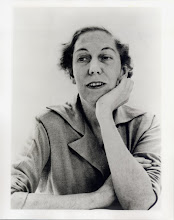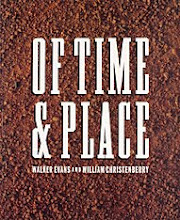- Object:Doll's shift
- Place of origin:London (made)
- Date:1690-1700 (made)
- Artist/Maker:Unknown (production)
- Materials and Techniques:Hand sewn linen and bobbin lace
Object Type
This shift was made for a doll, known as Lady Clapham, that is thought to have belonged to the Cockerell family, descendants of the diarist Samuel Pepys (1633-1703). The daughter of Pepys's nephew John Jackson (the son of his sister Pauline) married a Cockerell, who had a family home in Clapham, south London.
Designs & Designing
Lady Clapham offers a fine example of both formal and informal dress for a wealthy woman in the 1690s (Museum nos. T.846&A to Y-1974). Her formal outfit includes a mantua (gown) and petticoat, while her informal dress is represented by the nightgown (a dressing gown rather than a garment worn to bed) and petticoat. Accessories such as the stockings, cap and chemise (a body garment) are very valuable since very few items from such an early period survive in museum collections. Equally important is the demonstration of how these clothes were worn together.
Ownership & Use
Dolls were widely produced in the 17th century, although very few survive, due to the wear and tear they usually undergo. The high quality of Lady Clapham and her clothes indicates that she would have been expensive. There is little evidence of use, which suggests that she was admired by adults rather than played with by children.
Copy and image from the Victoria and Albert






















No comments:
Post a Comment